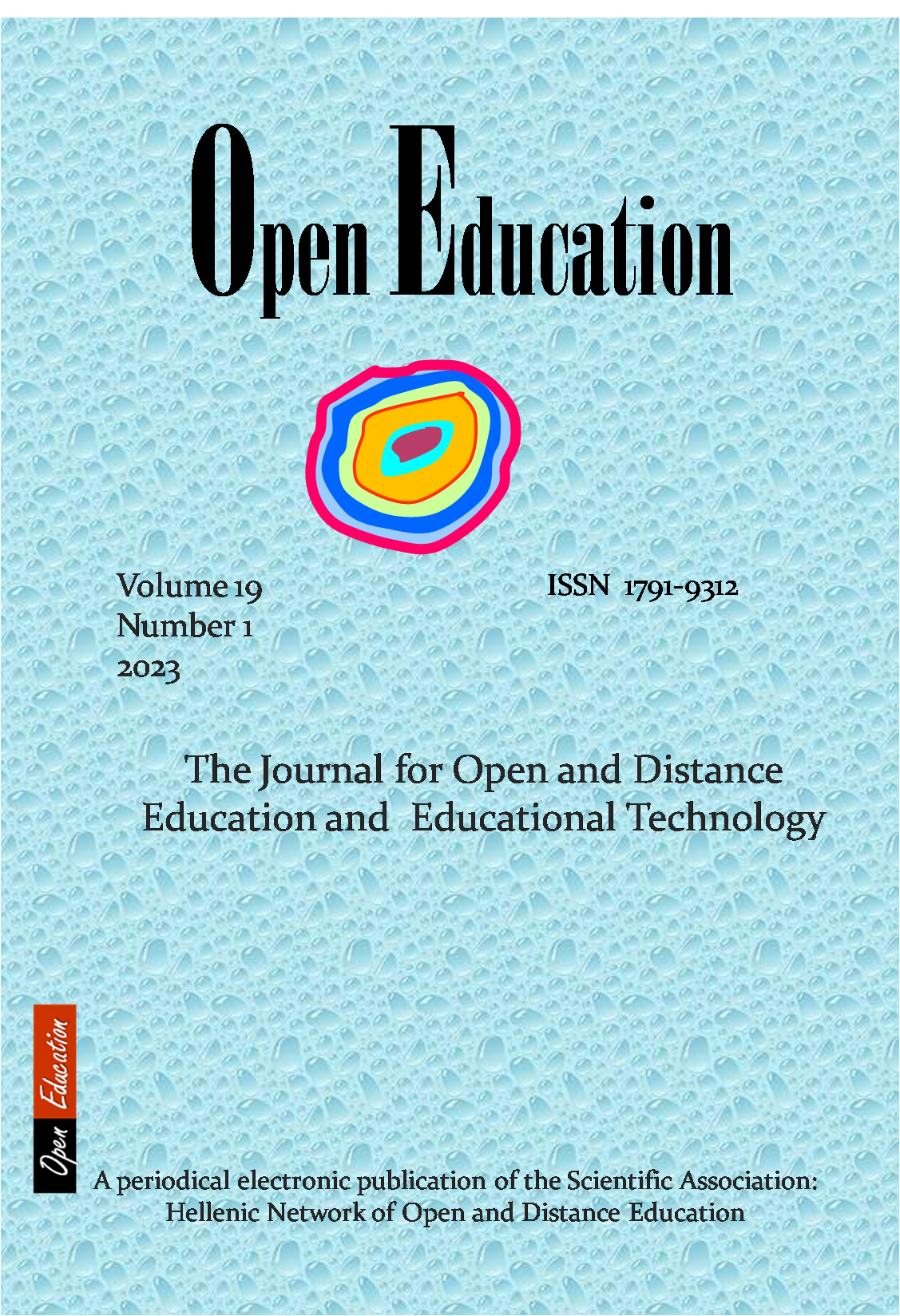Εισαγωγή στην ποιοτική ανάλυση δεδομένων με το λογισμικό Taguette: Ζητήματα εγκυρότητας και αξιοπιστίας στην ποιοτική έρευνα

Περίληψη
Η διαδικασία της ποιοτικής ανάλυσης των εμπειρικών δεδομένων περιλαμβάνει συνήθως ένα αρχικό στάδιο κωδικοποίησής τους. Η κωδικοποίηση αποτελεί μια διαδικασία συστηματικής μετάβασης από το επίπεδο των ανεπεξέργαστων εμπειρικών δεδομένων, όπως για παράδειγμα αποτελούν οι απομαγνητοφωνήσεις ατομικών συνεντεύξεων ή ομάδων εστίασης, στο επίπεδο μιας αφαιρετικής τους αναπαράστασης, μέσα από ένα σύνολο κωδικών/ κατηγοριοποιήσεων που αντιστοιχούν σε τμήματα των εμπειρικών δεδομένων. Τις τελευταίες τρεις δεκαετίες έχουν αναπτυχθεί πλήθος εφαρμογών λογισμικού για την υποστήριξη της διαδικασίας ποιοτικής ανάλυσης. Σε αυτή την κατηγορία ανήκουν τα προγράμματα CAQDAS τα οποία χρησιμοποιούνται για να υποστηρίζουν τη διαδικασία ανάλυσης που διεξάγει ο ίδιος ο ερευνητής. Επειδή τα ποιοτικά εμπειρικά δεδομένα είναι συνήθως εκτεταμένα και η ανάλυσή τους ιδιαίτερα χρονοβόρα και επίπονη, η χρήση μιας εφαρμογής λογισμικού κρίνεται περισσότερο από απαραίτητη, γιατί διευκολύνει ιδιαίτερα την ερευνητική ομάδα να οργανώσει τα εμπειρικά δεδομένα και να ολοκληρωθεί η διαδικασία ανάλυσης με έναν συγκροτημένο και συστηματικό τρόπο. Στο παρόν άρθρο, επιδεικνύουμε τη διαδικασία της ποιοτικής ανάλυσης μέσα από ένα παράδειγμα κωδικοποίησης κειμενικών εμπειρικών δεδομένων, αξιοποιώντας ένα νέο και εύχρηστο λογισμικό ανοικτού κώδικα, το Taguette. Η αξιοποίηση κατάλληλων εργαλείων ανοικτού κώδικα κρίνεται ιδιαίτερα σημαντική στο πλαίσιο μιας οικολογίας ανοικτής εκπαίδευσης. Το άρθρο καταλήγει συζητώντας ζητήματα εγκυρότητας και ποιότητας στην ποιοτική έρευνα.
Λεπτομέρειες άρθρου
- Πώς να δημιουργήσετε Αναφορές
-
- Ενότητα
- Άρθρα

Αυτή η εργασία είναι αδειοδοτημένη υπό το CC Αναφορά Δημιουργού – Μη Εμπορική Χρήση – Παρόμοια Διανομή 4.0.
Οι συγγραφείς των άρθρων που δημοσιεύονται στο περιοδικό διατηρούν τα δικαιώματα πνευματικής ιδιοκτησίας επί των άρθρων τους, δίνοντας στο περιοδικό το δικαίωμα της πρώτης δημοσίευσης. Άρθρα που δημοσιεύονται στο περιοδικό διατίθενται με άδεια Creative Commons 4.0 και σύμφωνα με την άδεια μπορούν να χρησιμοποιούνται ελεύθερα, με αναφορά στο/στη συγγραφέα και στην πρώτη δημοσίευση για μη κερδοσκοπικούς σκοπούς και με δικαίωμα τροποποίησης μόνον με παρόμοια διανομή (αν αναμείξετε, τροποποιήσετε, ή δημιουργήσετε πάνω στο υλικό, πρέπει να διανείμετε τις δικές σας συνεισφορές υπό την ίδια άδεια όπως και το πρωτότυπο).

